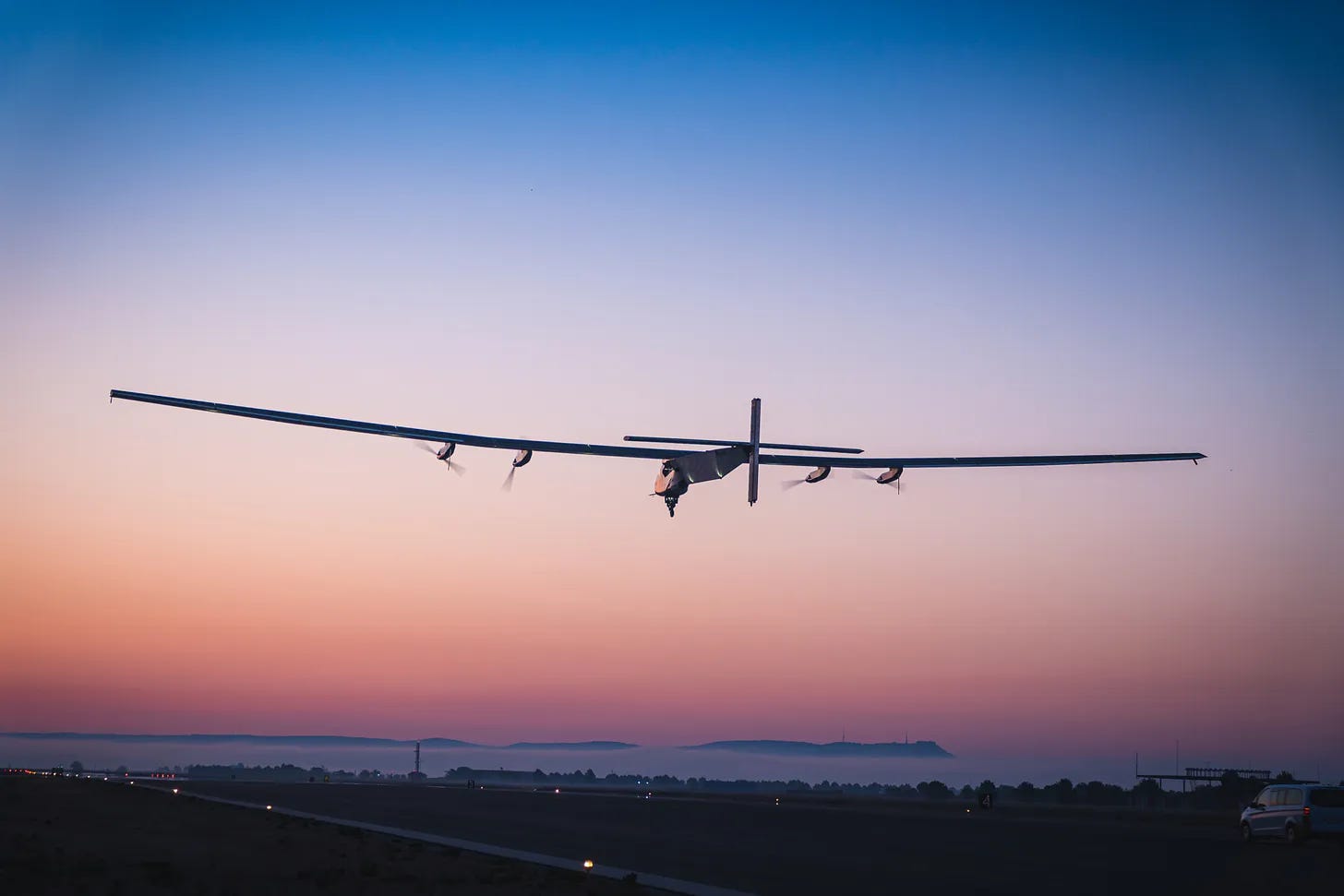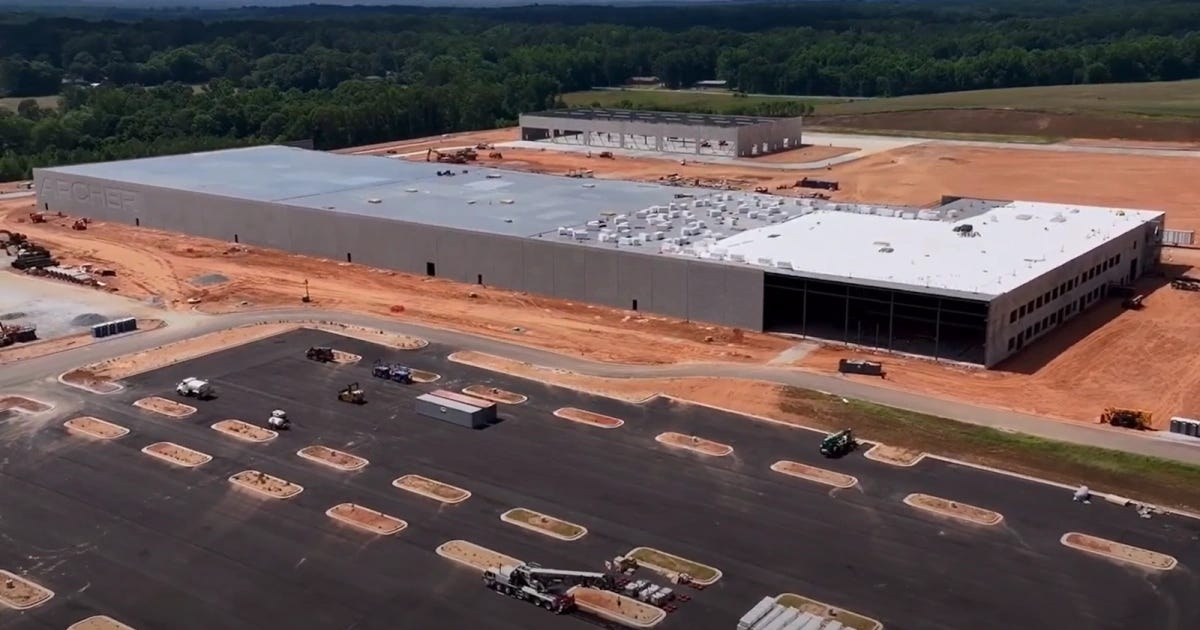#Sustainability20: Virgin Atlantic’s Flight 100 Ad Banned Over 'Misleading' SAF Claim & More
Weekly Roundup - 09/08/24
Each Friday, we publish a round-up of the 20 most important stories on sustainable aviation. You can see previous editions of #Sustainability20 here.
Industry Updates
Virgin Atlantic's ad for its 100% sustainable aviation fuel flight was banned for being misleading. The UK advertising watchdog ruled that the claim gave a false impression of the fuel's environmental impact.
A survey across the US, UK, France, and Germany revealed strong demand for clean aviation, with 65% of consumers calling for change. Many expressed interest in trying electric aviation and concerns about traditional aviation's contribution to pollution.
While global air travel has returned to pre-pandemic levels, jet demand in 2024 remains around 95% of 2019 due to efficiency gains, larger planes and a slower rebound in more fuel-intensive long-haul travel.
CLIMATE WATCH: ‘Massive disinformation campaign’ is slowing global transition to green energy - The Guardian
The UN says fossil fuel companies are running a disinformation campaign to slow renewable energy adoption. This campaign aims to persuade world leaders to delay emissions-cutting policies, contradicting public support for climate action.
Infrastructure and operational efficiencies
Skydweller Aero completed the first autonomous flight of a large-scale solar-powered aircraft in the US. The company aims for continuous around-the-world flight, potentially revolutionising long-duration aerial missions with its green technology.
BMW M and Bcomp created the Visionary Materials Seat, a sustainable design using bio-based materials. The seat won an award for its lighter weight, circular design, and efficient production process suitable for large-scale vehicle manufacturing.
Fiji Airports signed a contract with ITP Renewables to design a solar farm for Nadi International Airport. The project aims to create 3.5MW of clean power and gain accreditation under the ACI's Green Airports initiative.
Schiphol Airport started the second phase of its electric self-driving bus trial. The buses now operate on a fixed route at the apron, serving the KLM Cityhopper crew. The vehicles use sensors, cameras, and GPS for navigation.
Sustainable Aviation Fuel (SAF)
Sora Fuel, which produces SAF from water, air, and renewable energy, raised $6 million in seed funding. The company's novel technology aims to reduce aviation emissions at lower costs than existing DAC processes.
Ethiopian Airlines signed an MoU with Satarem America to produce and use SAF in Ethiopia. This partnership aims to reduce carbon emissions and support decarbonisation initiatives in Africa.
Masdar and TotalEnergies are exploring the feasibility of using captured CO2 to produce SAF and green methanol. The project aims to decarbonise emission-intensive sectors like aviation and maritime industries.
KBR's PureSAF technology was selected for Avina Clean Hydrogen's new SAF project in the US. The facility aims to produce 120 million gallons of SAF annually using various feedstocks.
In partnership with SAFFiRE Renewables and Southwest Airlines, Kansas will soon begin construction on a facility that will process corn stover into renewable ethanol, which will then be converted into SAF.
DG Fuels announced plans to build a SAF production facility in Phelps County, Nebraska. The plant would start production in 2030 and produce 193 million gallons from corn stover.
New technology: Electric and Hydrogen
Archer Aviation is completing a 400,000-square-foot manufacturing facility in Georgia for its eVTOL aircraft. The $118 million investment aims to produce 650 Midnight aircraft annually, with potential for expansion.
Beta Technologies received FAA authorisation for dual-seat pilot training in its Alia 250 eVTOL aircraft. The company offers both single and dual-seat configurations for its six-seat electric aircraft.
Electra demonstrated its hybrid-electric short takeoff and landing aircraft at NASA Langley, marking the first flight of an electric aircraft with a pilot onboard at the facility.
Amsterdam Airport Schiphol conducted the first live tests with a hydrogen-powered ground power unit. The H2-GPU supplies electricity to aircraft on the apron, offering advantages over electric and diesel alternatives.
Kawasaki Motors and VoltAero are partnering to develop and certify gasoline and hydrogen-fueled engines for hybrid-electric aircraft. The collaboration aims to reduce fuel consumption and advance sustainable aviation technology.
Chinese eVTOL developer XPeng AeroHT raised $150 million in funding to develop its "Land Aircraft Carrier" concept, combining a six-wheel off-road car with a deployable two-seater eVTOL aircraft.
Joby has begun the certification process for its eVTOL air taxi in Australia, adding to its progress in the US. The company aims to launch air taxi networks globally, competing with existing helicopter services.







